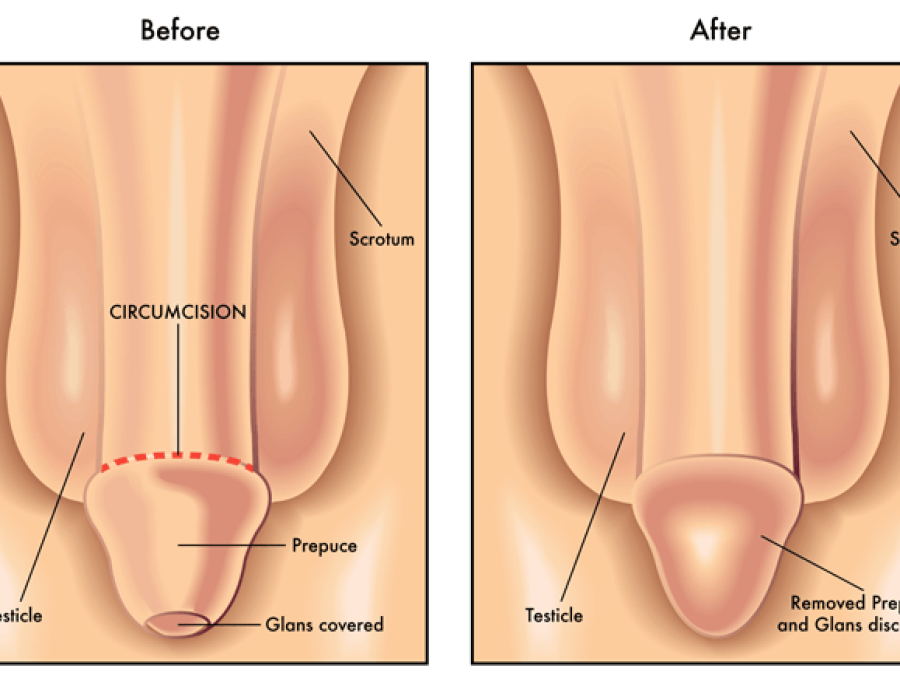Certainly! After undergoing circumcision, it’s crucial to follow specific post-operative care instructions to ensure proper healing and minimize complications. Here’s a comprehensive guide on what to expect and how to care for yourself or someone who has undergone circumcision:
Immediate Post-Operative Care:
- Dressing and Bandaging: After the procedure, a dressing or gauze may be applied to the penis to protect the surgical site and absorb any minimal bleeding. This dressing should generally be left in place for the first 24 hours unless otherwise instructed by your healthcare provider.
- Rest and Activity: It’s essential to rest as much as possible during the initial recovery period. Avoid strenuous activities, lifting heavy objects, or vigorous exercise for at least the first week to prevent strain and promote healing.
- Pain Management: Mild discomfort or pain is common after circumcision. Your healthcare provider may prescribe pain relievers or recommend over-the-counter medications such as acetaminophen (Tylenol) or ibuprofen (Advil, Motrin) to manage pain and reduce swelling.
Hygiene and Wound Care:
- Cleaning: Proper hygiene is crucial to prevent infection. Your healthcare provider will likely recommend gently rinsing the penis with warm water and mild soap once or twice a day. Avoid scrubbing the area vigorously.
- Avoiding Irritants: Refrain from using harsh soaps, perfumes, or lotions near the surgical site as they may irritate the skin or cause an allergic reaction.
- Swelling and Bruising: Some swelling and bruising around the penis are normal after circumcision. Applying an ice pack wrapped in a cloth to the area for 10–15 minutes at a time can help reduce swelling during the first 24–48 hours.
Managing Urination:
- Urination: It’s normal for urination to be uncomfortable or slightly painful initially. Drinking plenty of fluids can dilute urine and reduce discomfort. Avoid holding urine for extended periods and aim to urinate frequently.
- Dressings and Urination: If a dressing or gauze is in place, it may be necessary to change it after urination to maintain cleanliness and prevent infection.
Potential Complications and When to Seek Medical Help:
- Signs of Infection: Watch for signs of infection such as increased pain, redness, warmth, swelling, pus-like discharge, or fever. Contact your healthcare provider immediately if you experience any of these symptoms.
- Bleeding: Minor oozing or spotting of blood is normal for the first day or two. If bleeding persists or increases significantly, notify your healthcare provider.
- Difficulty Urinating: If you experience difficulty urinating or notice a decrease in urine output, inform your healthcare provider promptly.
Follow-Up Appointments:
- Schedule Follow-Up: Your healthcare provider will schedule a follow-up appointment to monitor healing and remove any stitches if necessary. Follow these appointments diligently to ensure proper recovery.
- Resuming Normal Activities: Your healthcare provider will advise when it’s safe to resume regular activities, including sexual activity and bathing.
By following these post-operative care instructions diligently, you can promote optimal healing and reduce the risk of complications after circumcision. Always consult your healthcare provider if you have any questions or concerns during the recovery process.





Comments